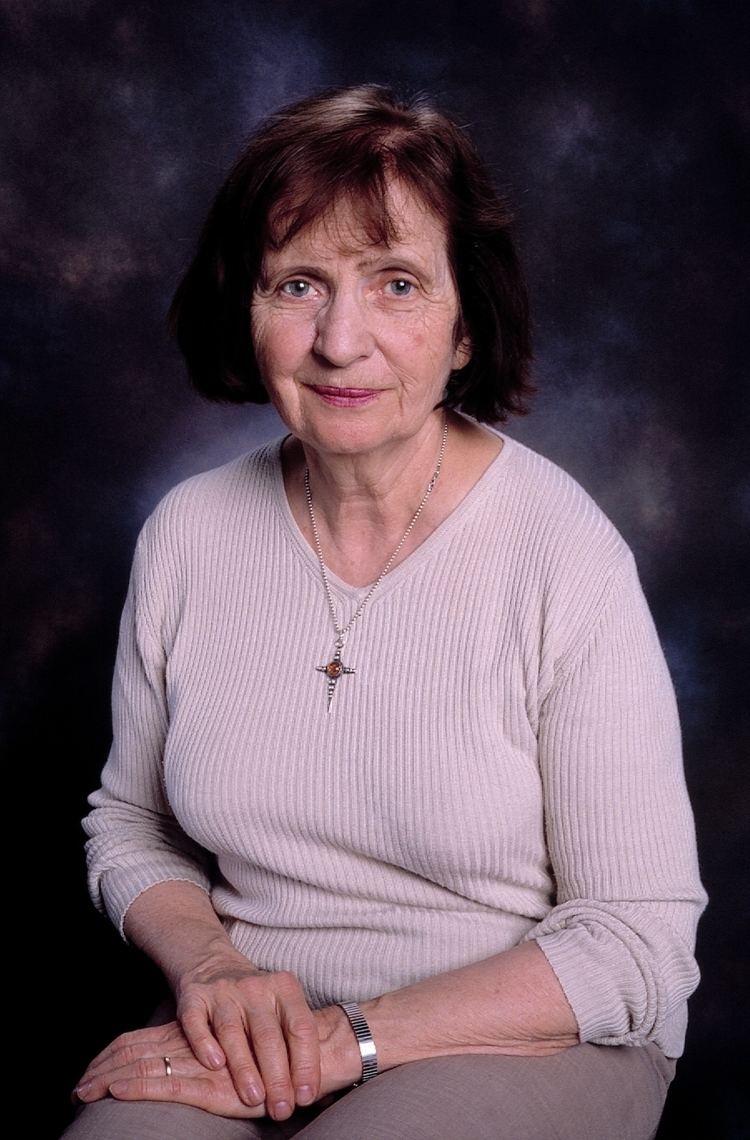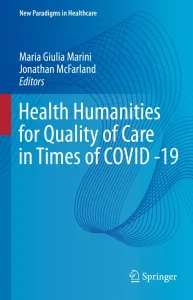
Anna Wierzbicka – Professor Anna Wierzbicka is a Professor in the Linguistics Program, School of Language Studies, Arts. In her 1972 book “Semantic Primitives” she launched a theory now known under the acronym “NSM” (Natural Semantic Metalanguage), which is now internationally recognized as one of the world’s leading theories of language and meaning. This approach has been used in hundreads of semantic studies across many languages and cultures. She has published over twenty books and edited or co-edited several others. Her work spans a number of disciplines, including anthropology, psychology, cognitive science, philosophy and religious studies as well as linguistics, and has been published in many journals across all these disciplines (e.g., Language, American Anthropologist, Man, Anthropological Linguistics, Cognition and Emotion, Culture and Psychology, Ethos, Philosophica, Brain and Behaviourial Sciences, The Journal of Cognition and Culture etc). Professor Wierzbicka is a Fellow of the Australian Academy of the Humanities, the Australian Academy of Social Sciences, and of the Russian Academy of Sciences, and the Polish Academy of Arts and Sciences. She has two Honorary Doctorates, one from Marie Curie-Sklodowska University, Poland (2004) and one from Warsaw University, Poland (2006). She is the winner of the Dobrushin Prize for 2010 (established in Russia in honour of the Russian mathematician Roland Lvovich Dobrushin) and of the Polish Science Foundation’s 2010 prize for the humanities and social sciences.
I would like to applaud the editors of Health Humanities for conceiving and producing such an extremely imaginative and needed book for our times, the times of COVID-19. As I write these lines in July 2022, I am in isolation, having tested positive to COVID myself, together with my husband. COVID has undoubtedly changed our lives, and it has changed our thinking.
Still, my overwhelming impression is that so far, it has changed our lives more than it has changed our thinking, and that there is a great deal of thinking that we still need to do, in response to COVID-19. The book edited by Maria Giulia Marini and Jonathan McFarland is a very welcome and important contribution to this ongoing thinking that we all, as individuals and as communities, need to be engaged In, this year and in the years to come.
In the concluding chapter of the book the editors refer to words “as our rafts to cross this Odyssey in the open sea”. Words as rafts? Well, this is what I have always thought, and at the time of the pandemic more so than ever.
I feel honoured, and moved, to see that in this context Maria Giulia Marini and Jonathan McFarland refer to the Natural Semantic Metalanguage (NSM) and to the 65 words that colleagues and I have identified as universal “rafts” which can help human beings everywhere to travel the seas of thought. To my mind, thinking – both inside our heads and in the spaces which connect us to other people – is indeed like an Odyssey.
I congratulate Maria Giulia Marini and Jonathan McFarland for zeroing in on three universal human concepts (out of the set of 65) as those which, as they think, play a particularly important role in this Odyssey: MAYBE, IF and BECAUSE. I couldn’t agree more: “and” and “or”, which logicians have traditionally taken for granted, are not universal in human thinking (many languages have no such words), but MAYBE, IF and BECAUSE are indispensable for thinking and can indeed be found in all languages of the world.
And here are another dozen or so of such rafts that we cannot do without: CAN and CANNOT, DO, HAPPEN and SAY; KNOW and DON’T KNOW, GOOD and BAD, WANT and DON’T WANT, THINK and FEEL; BODY; LIVE and DIE; PEOPLE; and the last two which, as evidence suggests, emerged in the course of human cognitive evolution: TRUE and WORDS.
It goes without saying that all sixty five concepts which wide-ranging cross-linguistic investigations have identified as a shared human treasure-house, are important for travelling the worlds inside us and around us, behind us and in front of us; but the ones enumerated above seem to me to be particularly pertinent, and crucial for the thinking that we need to do now, in the time of COVID.
Of course, we need not only tools for thinking but also sources of inspiration and wisdom. Maria Giulia Marini and Jonathan McFarland find one such source in the Roman Stoic philosopher Seneca (“De Tranquilitate Animi”). For me, and for our household, an author who has proved particularly helpful as a “a lamp for our feet” (to use the language of the Psalms) is the Italian pope of the first half (and the middle) of the twentieth century Giovanni XXIII, and his books Il Giornale del’Anima and Lettere alla Famiglia.
Here are some of the phrases that I have copied and stuck in various places in the house (I don’t think they need English translations): “nel cuore, serenita, calma, letizia, e pazienza, e pazienza….”; “la tranquilita perenne dello spirito”. One of the sentences, from a letter to his brother, startled me, and, unexpectedly, helped me on various occasions: “del resto, una croce ci vuole” (“at the end of the day, we all need a cross”).
As a semanticist, I challenge myself to understand what this means in terms of the simplest and clearest human concepts, such as “want” and “don’t want”, “good” and “bad”, “think” and “feel”.
I will also copy a few sentences that I have found helpful, with translations:
- “Debbo, voglio, essere, sempre più, uomo de intense preghiera.” ( “I should, want to be, always more, a person of intense prayer”, 1927)
- “Da segni avuti quest’anno, mi debbo persuadere que invecchio e che il corpo da talora i sintomi della sua fragilita. Cio deve tenermi familiare il pensiero della morte, cosi che questo renda piu lieta, piu agile e insieme piu laboriosa, la vita.” (“From the signs that I have had this yea rI should conclude that I’m getting old and that the body shows symptoms of fragility. This should keep the thought of death familiar, so that it renders life more happy, more agile, and more hard-working.”, 1927)
- “Anima mia, avanti con coraggio” (“Forward, my soul, with courage”, 1955)
- “Tutto il mondo e la mia famigia.” (“The whole world is my family.”, 1959).
- “…resistere all’avvilimento, alla desolazione, alla tristezza” (“..to resist discouragement, desolation, sadness”, 1961).
No doubt, different people will find their sources of therapeutic wisdom in different places. But I think Maria Giulia Marini and Jonathan McFarland have done us a great service by inviting us all, and perhaps health professionals in particular, to explore new ways of thinking, trying to build these new ways of thinking with fine-grained linguistic materials such as “other people”, “I can’t not do it”, “I don’t want to think like this:…”, “maybe I can do something good now”, “maybe I can say something good to someone now”, “if I do this, can something bad happen because of it to some other people?” and “if I know that I can die soon, what do I want to do before? How do I want to think about it? What do I want to say to other people?”
As for the quality of care, I wonder if the following ways of formulating one’s thoughts could be helpful in some contexts: “I want to know what this person feels; I want to know how this person thinks; I know that I can do some good things for this person now; if I think about it now, perhaps I can do more”. No doubt narrative medicine can bring more insights about particularly helpful ways of thinking about the experience of the pandemic than evidence-based medical practice. But an awareness of what concepts are shared can also be helpful, especially in multi-ethnic and multi-cultural settings. As linguists, colleagues and I must be grateful to Maria Giulia and Jonathan for bringing this aspect, too, to the attention of health professionals.

